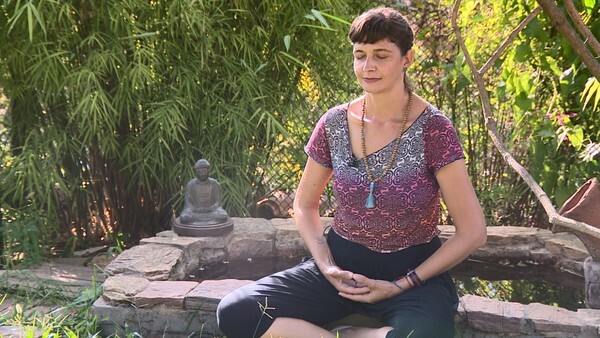At the height of social distress, the pursuit of happiness is usually the goal of most people and teaching this in the classroom has also become a goal. In this sense, Unicamp decided to offer students the course Emotional skills and the impact on development in engineering: Happiness.
The inaugural class was held on March 9th, Monday, in Campinas, São Paulo. The discipline is open to all students of the institution, from any area, as well as employees.
see more
Beneficiaries with the end of NIS 7 receive Bolsa Família this…
FGTS profit has already been decided and will be distributed to workers…
According to the creators, the purpose of the article is to work on socio-emotional concepts, discussing self knowledge and human relationships.
According to Ana Beatriz Munarolo, a student of the first period of philosophy and enrolled in the discipline, the course is essential.
“I honestly think this discipline is something everyone should do because we're not happy, you know? Learning how to be happy, how to feel better, live better, I think it's fundamental.”
The student is not the only one to see relevance in the course. “It's a subject that people don't imagine being in an engineering college [...] Everyone is eager to know about it”, also points out student Fernanda Cristina Rocha.

The subject's curriculum covers topics such as neuroscience, the constitution of the subject, the importance of the social bond, the distinction between feelings and emotions, as well as mission, purpose and love.
In the opinion of meditation teacher Paula Ribeiro, the real conception of happiness should be knowledge to be obtained by all ages.
“I think [the course] is wonderful. I even think it had to be in elementary school already, because people don't really know how to find happiness. We look for things and situations, when happiness is in a slightly more obvious place, within us.”

During the inaugural class, in which 100 people were present, one of the first activities was to present that those who do not have “luck genetics” to be happier can increase your chances by making better choices in everyday life, such as letting go of a fight or being less proud.
The specialist in people management, Luiz Eduardo Drouet, emphasizes the possibility of “learning to be happy”.
“Courses like the one being offered by Unicamp show that there is a scientific foundation behind happiness. The more we learn about happiness, what makes us truly happy, it ends up becoming a guide for us to be able to pursue that happiness on a daily basis.”

From the professional's perspective, being able to detect the attitudes and thoughts that sabotage happiness, one of the points worked on in the discipline, can collaborate in professional life.
“The secret lies in looking at your routine, your day-to-day. […] If not, we spend our whole lives aiming for a certain objective and what studies prove is that, when you achieve this objective many times, you discover that it will not necessarily accomplish, represent all this happiness."
According to the creators, although with multiple meanings and definitions, the “happiness” addressed in the course does not present an exact formula. There is, therefore, scientific and empirical evidence that raises the possibility of a more optimistic way to life.
One of the creators of the course, professor Vanessa Rodrigues dos Santos Maria, argues that one of the main objectives is to help students walk happier paths.
“This path is built, step by step, so that's what we want to propose in this discipline. May each student think for themselves and choose their nest of happiness.”

It is worth remembering that the new academic approach to happiness was inserted for the first time in a public higher institution in Brazil, in University of Brasilia (UnB), in the second half of 2018. The discipline received inspiration from Harvard and Yale universities.
*With information from G1.
See too: Being a teacher must be the most important job of the 21st century, says Beard
